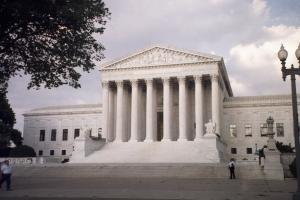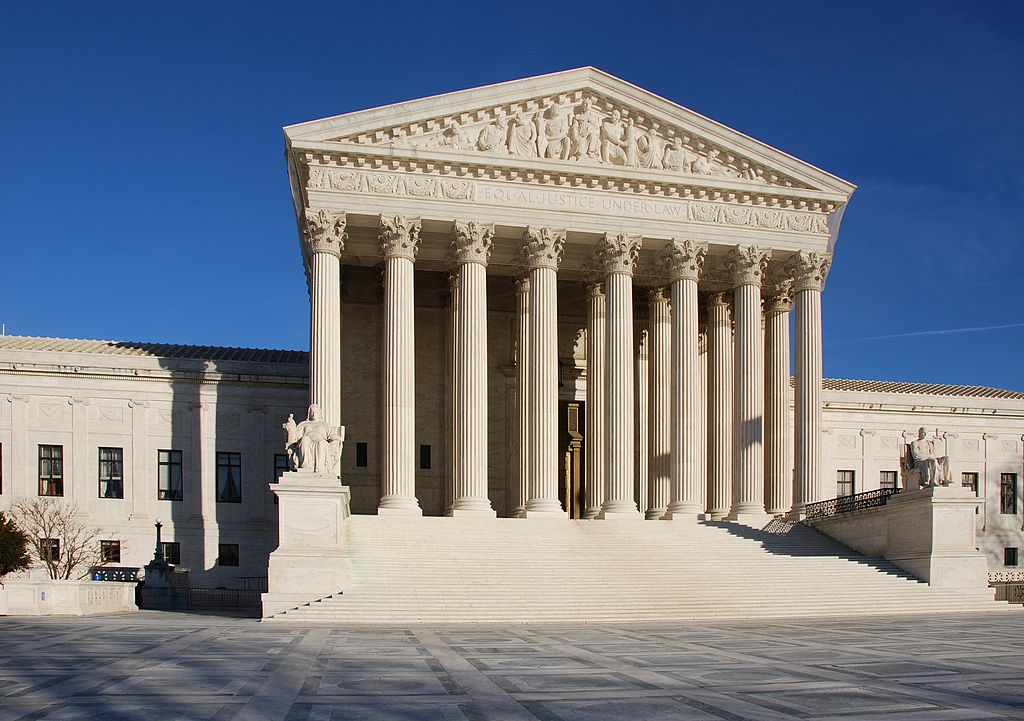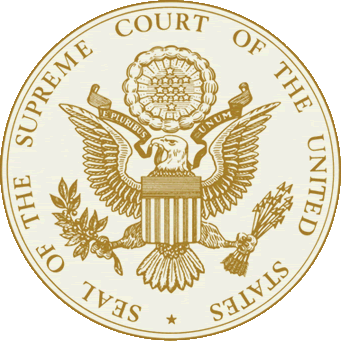Author: Jace Lington
-
U.S. Supreme Court: CFPB structure is unconstitutional but the agency survives

In a 5-4 decision, the U.S. Supreme Court ruled in Seila v. CFPB that limiting the power of the president to remove the director of the Consumer Financial Protection Bureau (CFPB) violates the separation of powers of the U.S. Constitution. Congress created the CFPB as an independent agency with a director insulated from direct presidential…
-
Which states require people to exhaust administrative appeals before challenging agency actions in state court?

A Ballotpedia study of all 50 state constitutions and administrative procedure acts (APAs) revealed that 18 states require people to exhaust administrative remedies offered by an agency before they can challenge that agency's adjudication actions in state court. Agency adjudication is a quasi-judicial process that takes place in the executive branch of the state government…
-
U.S. Supreme Court limits SEC enforcement powers

The U.S. Supreme Court’s June 22 ruling in Liu v. SEC limited the Securities and Exchange Commission’s (SEC) enforcement powers. The court ruled 8-1 that the SEC could ask courts to issue disgorgement orders, which require wrongdoers to give up money gathered illegally, with some restrictions. The court held that valid disgorgement orders must be…
-
U.S. Supreme Court rules DACA ended improperly; dissenting opinion argues ruling creates double standard

In a 5-4 decision, the U.S. Supreme Court ruled in DHS v. Regents of the University of California that the U.S. Department of Homeland Security (DHS) did not properly follow Administrative Procedure Act (APA) procedures when it sought to end the Obama-era Deferred Action for Childhood Arrivals (DACA) program in 2017. DHS started the program…
-
Survey reveals state limits on who can challenge agency actions in court

A Ballotpedia survey of all 50 state constitutions and administrative procedure acts (APAs) revealed that 42 states place limits on access to state courts to challenge agency actions. For this survey, Ballotpedia set out to learn whether states limited who could challenge the outcome of agency adjudication actions in court. Most states allowed any aggrieved…
-
Ballotpedia study examines statutes governing state-level judicial deference to agency interpretations

Two Ballotpedia surveys of all 50 state constitutions and administrative procedure acts (APAs) analyzed the different ways states approach judicial deference to administrative agencies. Judicial deference -- the principle of judicial review in which a court yields to an agency's interpretation of a statute or regulation -- is one of five pillars key to understanding…
-
Trump vetoes CRA resolution that aimed to block student loan rule

On May 29, President Trump vetoed a resolution passed under the Congressional Review Act (CRA) to block a U.S. Department of Education (DOE) rule related to government forgiveness of certain student loan debt. Congress would now have to override his veto to block the rule. In his veto message, Trump said, “Whereas the last administration…
-
Unanimous U.S. Supreme Court rejects appointments clause challenge to Puerto Rican debt board
On June 1, a unanimous U.S. Supreme Court ruled that the Appointments Clause of the U.S. Constitution does not require members of the Puerto Rican Financial Oversight and Management Board (FOMB) to face confirmation by the U.S. Senate. The Appointments Clause gives the president authority to appoint officers of the United States, subject to confirmation…
-
Group of states and cities sue Trump administration over rollback of Obama administration fuel efficiency standards
A group of 23 states, 4 cities, and the District of Columbia are challenging in court Trump administration efforts to change federal fuel efficiency requirements established by the Obama administration. On May 27, the group filed a lawsuit in the United States Court of Appeals for the D.C. Circuit asking the court to review new…
-
New regulation allows U.S. Secretary of Labor to overturn agency appeal decisions
New regulations from the U.S Department of Labor (DOL) might allow the public to hold the agency more accountable for decisions it makes during adjudication. On May 20, Secretary of Labor Eugene Scalia published a final rule that establishes a system allowing him to review cases decided by the agency Administrative Review Board (ARB) and…

